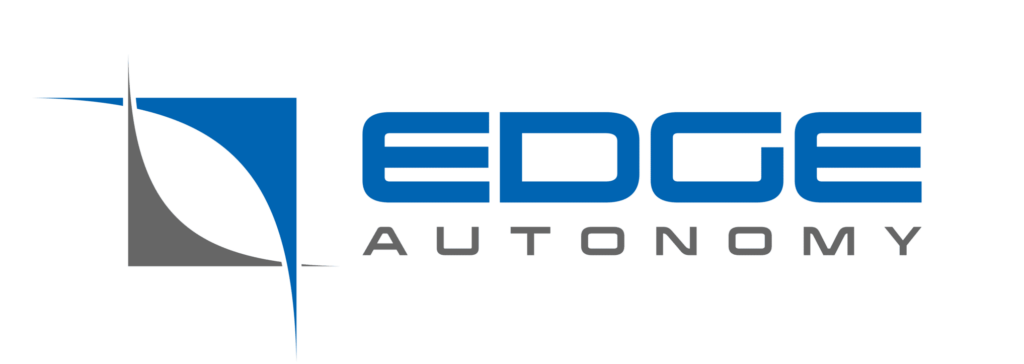Originally published in Defense News
LONDON — Artificial intelligence and autonomy companies from Australia, the United Kingdom and the United States are already feverishly developing and pitching tools to gather ever-more data and then help operators make sense of an information-overload environment.
They’re hoping all this work will lead to contracts at home and with the allies soon, as more details about the second phase of the AUKUS trilateral arrangement, focused on advanced technology, come to light this fall.
…
AUKUS is expected to bring some legislative and policy changes that make sharing technology innovations and selling systems between the three countries much easier.
Though that’s yet to happen, some companies are already gravitating towards partnerships with other AUKUS nations’ industrial bases.
Sentient Vision Systems, for example.
The Australian company developed the ViDAR sensor, a visual detection and ranging sensor meant to complement radar by conducting an optical search of an area and using artificial intelligence to help identify items of interest: small boats or even people in the water, moving vehicles or people on land, and so on.
Though unaffiliated with AUKUS, Sentient Vision Systems Business Development Director Paul Harris said the company already found itself linked closely with American and British organizations in an effort to develop a ViDAR payload for the Stalker drone, a group 2 small unmanned aerial system.
In 2021, Sentient Vision participated in a foreign comparative testing event with the U.S. Marine Corps, where the Marines favorably evaluated the ViDAR payload on the Stalker drone.
Now, Sentient Vision is in close talks with Edge Autonomy — the original equipment manufacturer of the Stalker drone — about further refining the small ViDAR payload and making it part of the sales pitch for Stalker drones in Europe and around the world.
